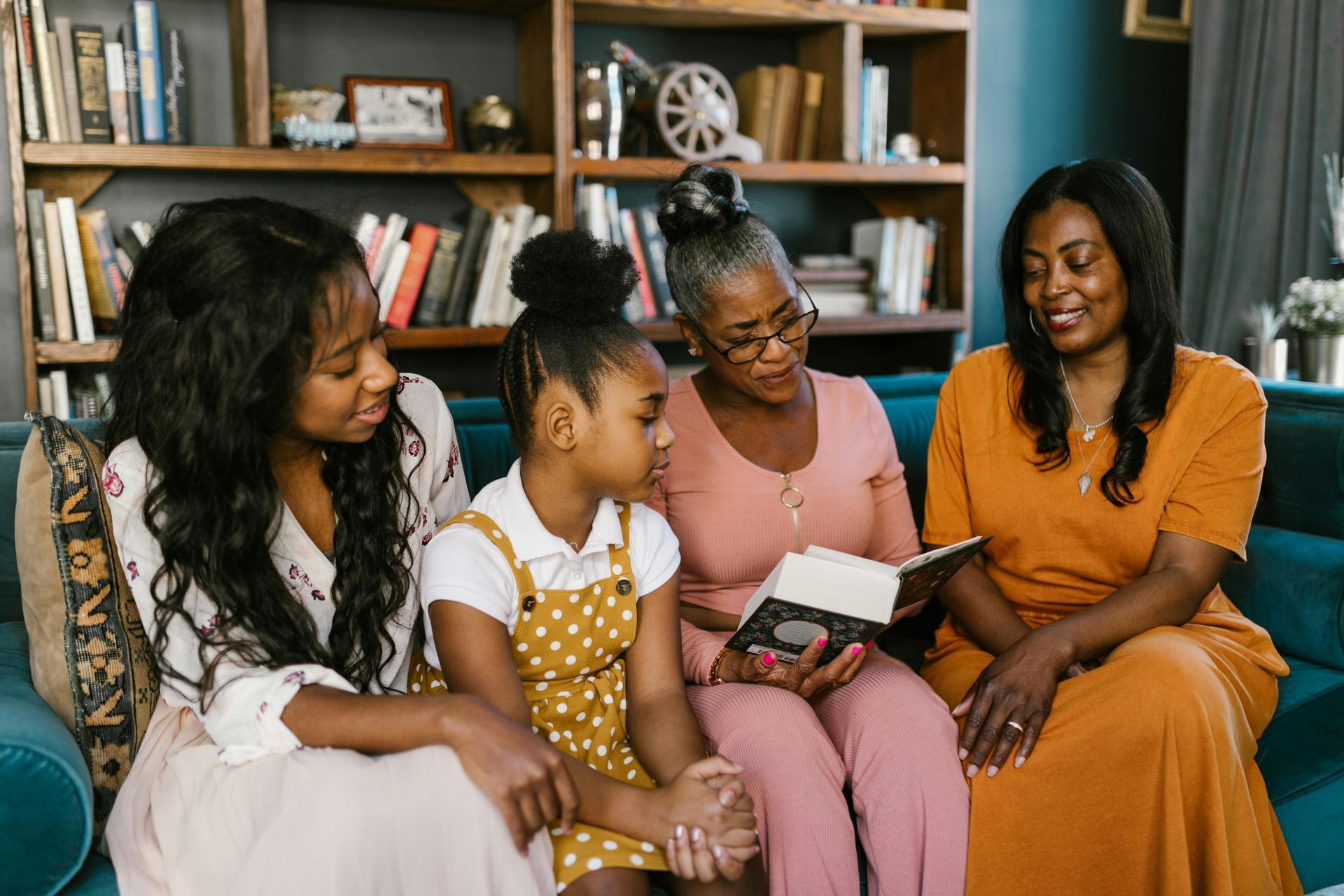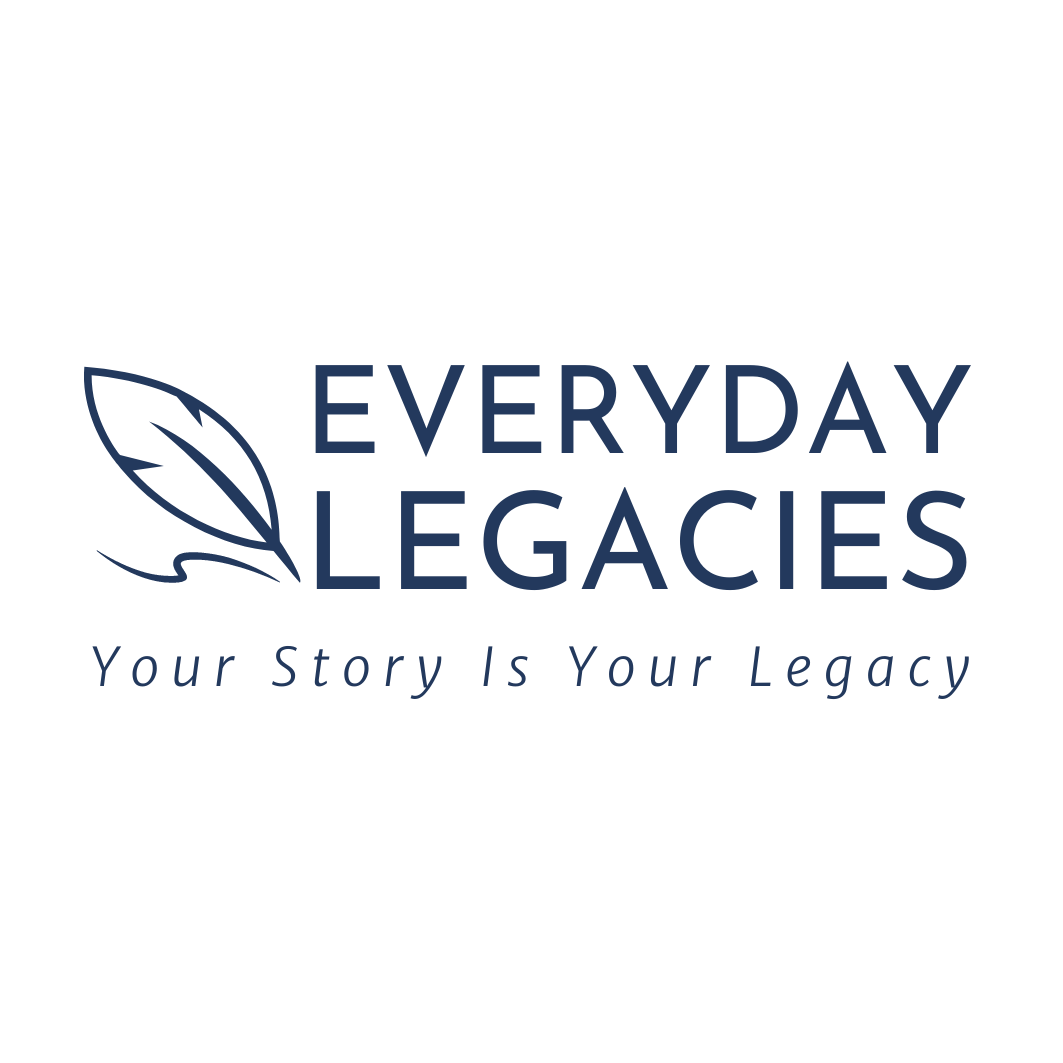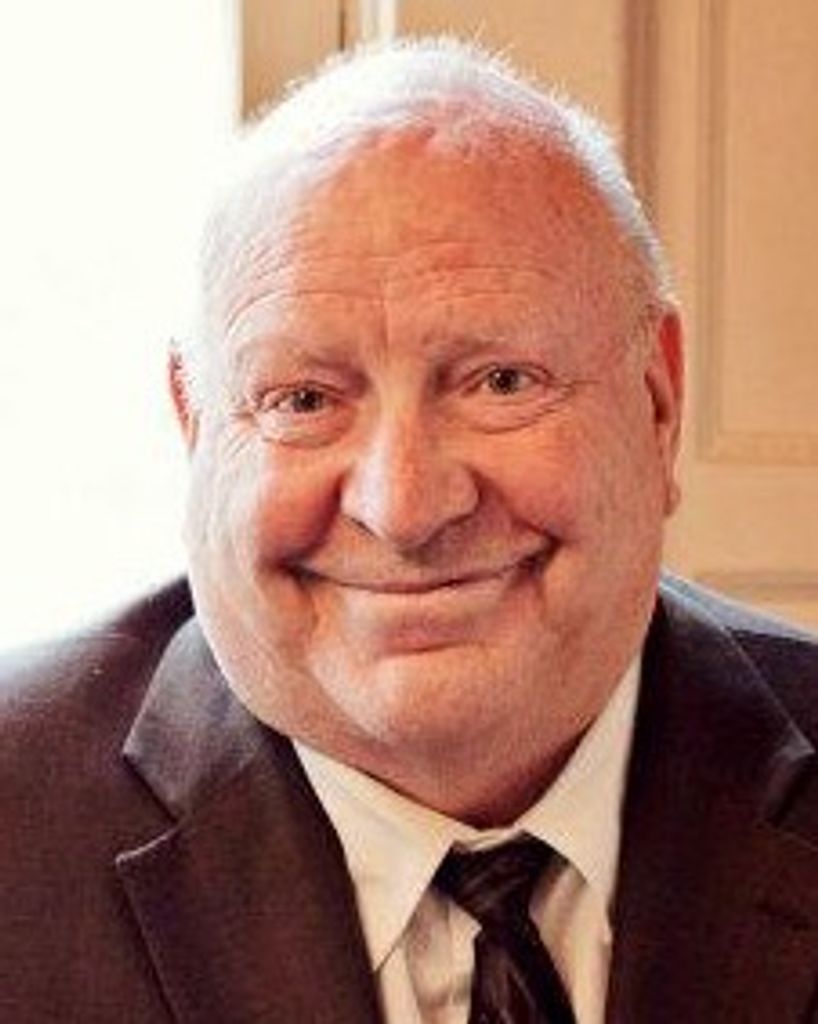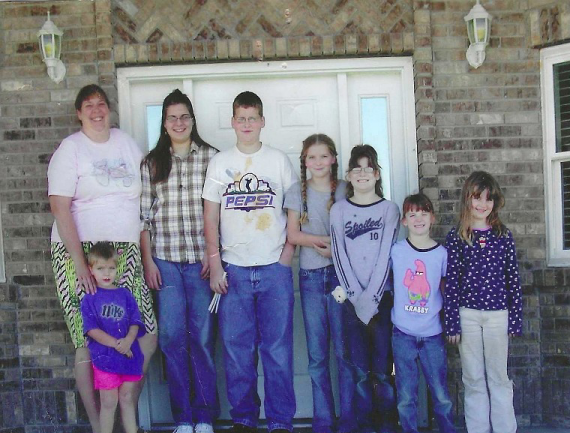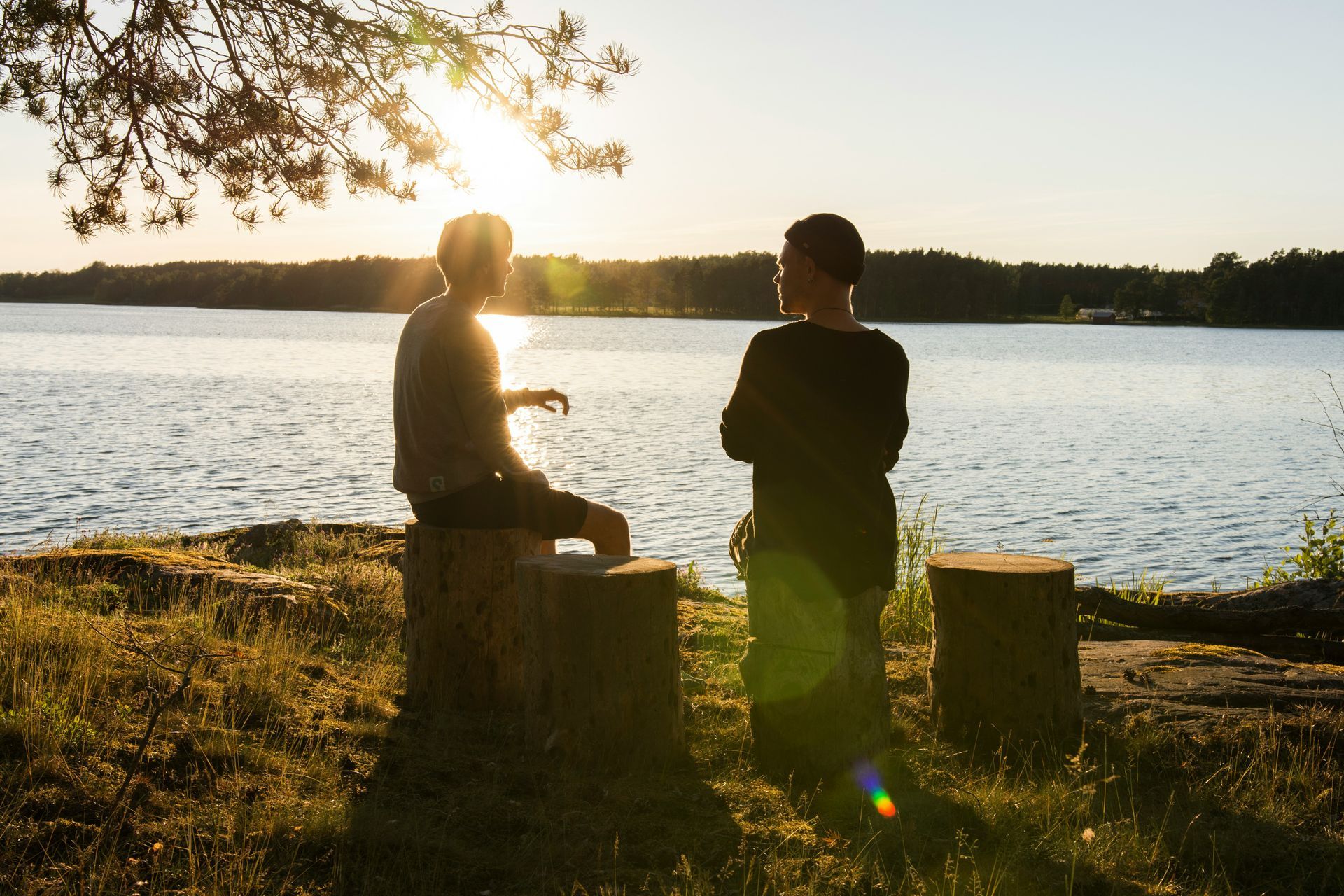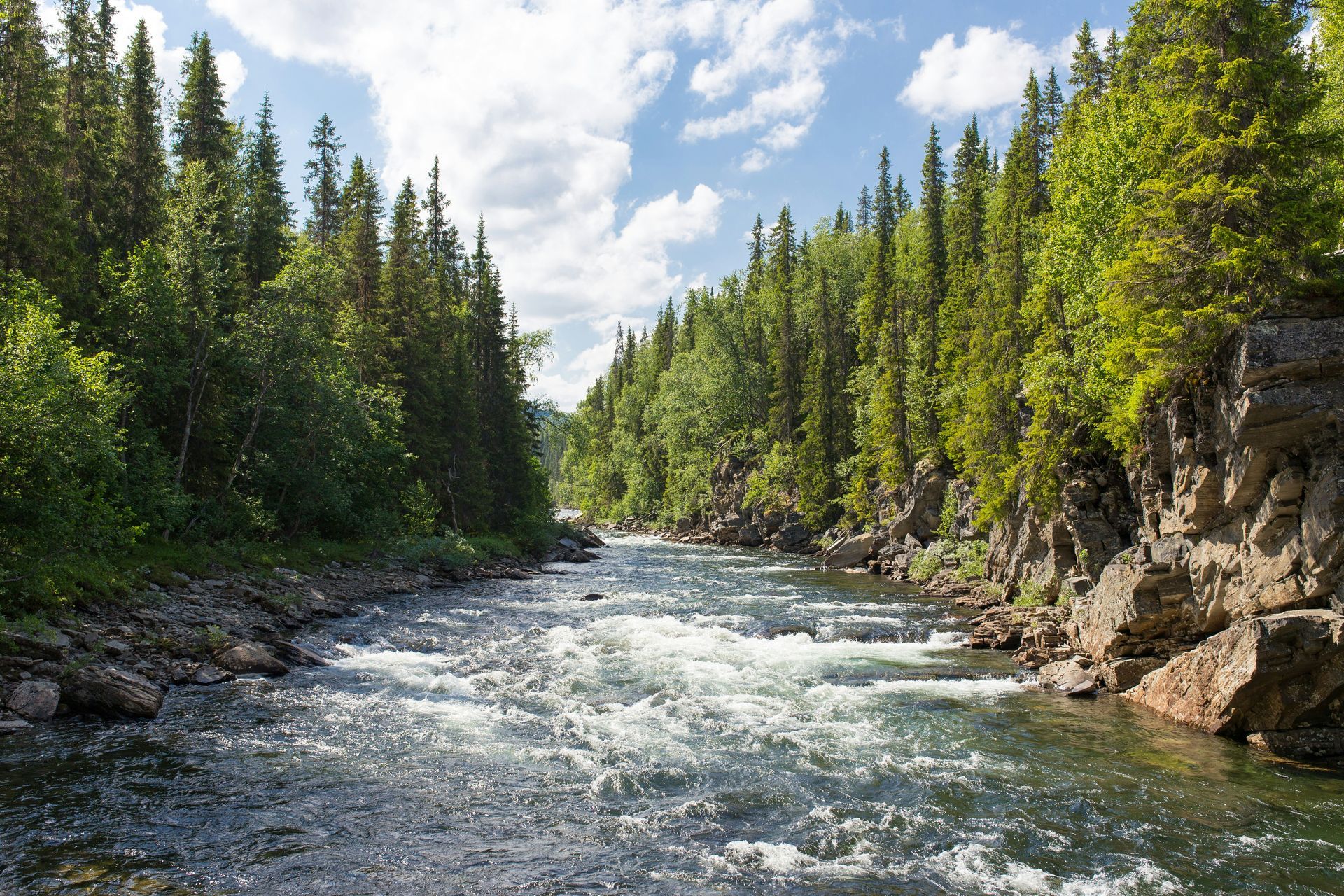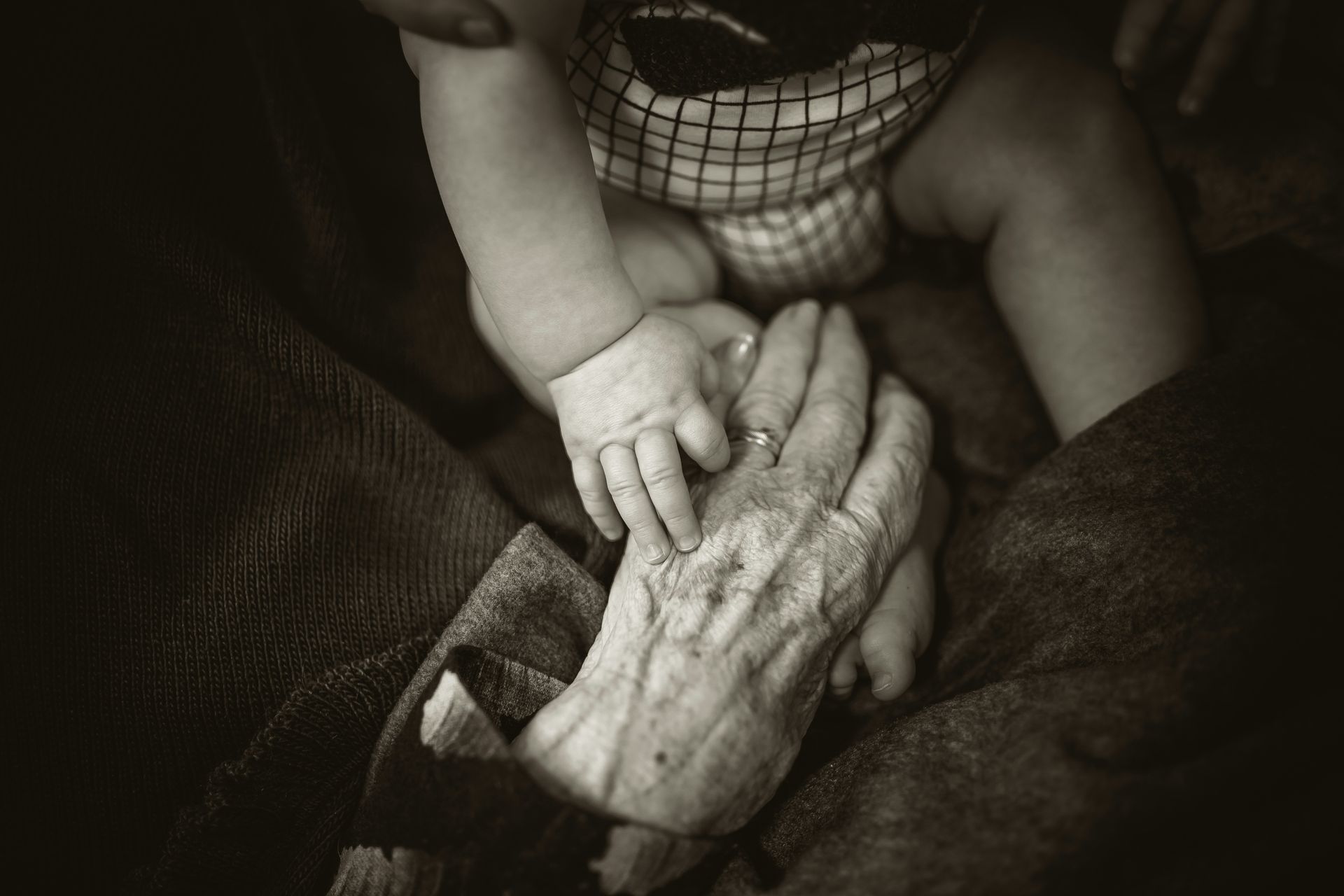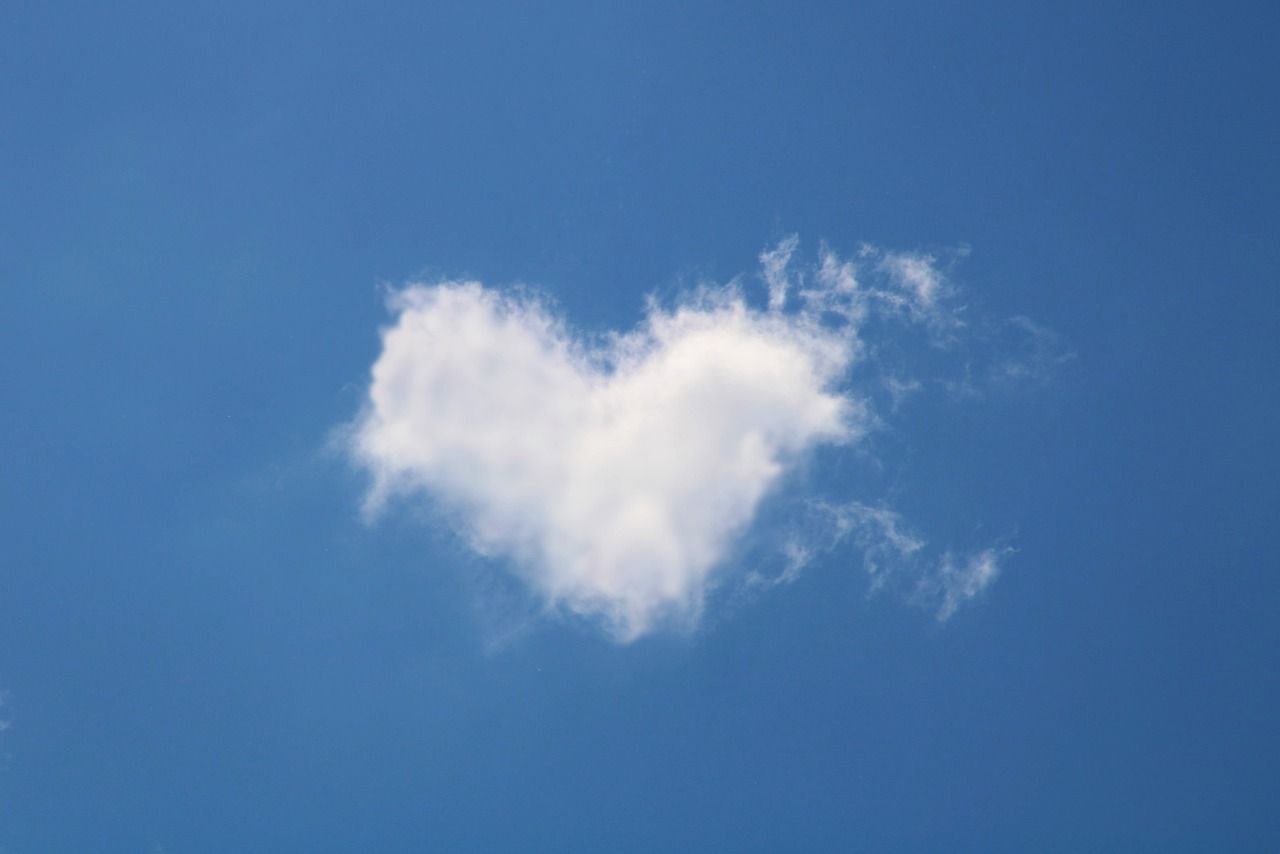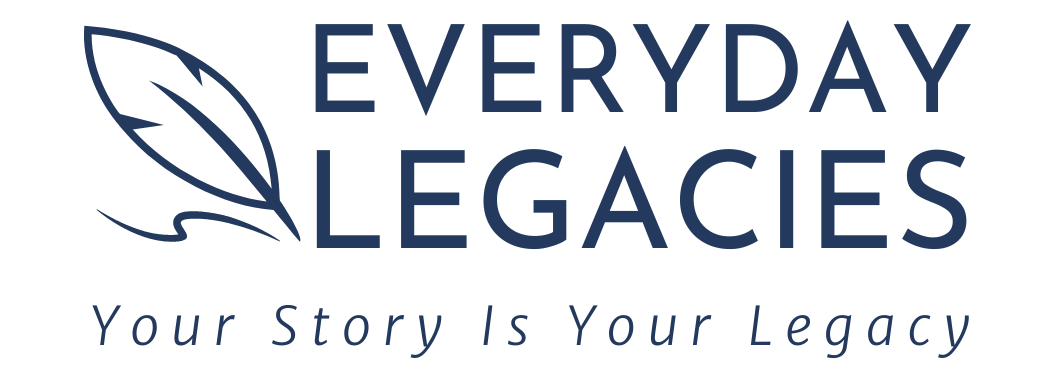By Kasia Flanagan
•
August 21, 2025
Hi my legacy-minded friends, I started Everyday Legacies five-and-a-half years ago, but it’s struck me that I’ve never shared much about how it all began. In the world of personal history companies, my story is a little unusual, so I thought you might enjoy hearing it. First off, if you had asked me six years ago if I wanted to run my own business, my answer would most likely have been no. Starting a business is scary. It’s uncertain, it’s a lot of work, and I’d only ever known a few people pull it off successfully. Entrepreneurship runs in my family, but successful entrepreneurship? Not so much. So, I had doubts. And I hesitated. But eventually, I couldn’t ignore the calling I felt inside. By training, I’m a historian. My research specialty is German history in the South Pacific—specifically, Tonga and Samoa. For more than a decade, I studied identity among mixed-race European/Pacific peoples and published several books and articles about it. Honestly, I thought I’d stay tucked away in research forever. I loved it, I could nerd out on it endlessly, and someday, I still plan to write more about it—including a book about Tongan immigration to the U.S. But here’s what was funny: no matter what topic I studied, it always seemed to come back to people’s stories, and their family’s stories. I'll give you an example. In the last part of my PhD, I did a comparative study between descendants of Germans in Tonga and Samoa. My research questions were all about migration patterns and the effects of Euro-Pacific miscegenation. But when you strip away the academic language, what it really came down to was this: someone got a job and took a chance. Someone fell in love and got married. In the end, history comes down to individuals and families making decisions that ripple outward. As Ralph Waldo Emerson so eloquently put it: “There is properly no history; only biography.” (Leave it to Emerson to say in eight words what it took me 300 pages to explain!) And there was another thread. Beyond the individual choices shaping history, I kept seeing how knowing one’s family stories affected family members. My research was focused on descendants of prominent mixed-race families—think professional athletes, government leaders, business moguls, etc. The unexpected theme I witnessed came down to what they knew about where and who they came from. Specifically, there was a quantifiable positive correlation between what they knew or believed about their heritage and how successful they were. That insight lined up with other great research on the power of family stories—showing just how much identity , resilience , and well-being are strengthened when people know their family’s past. Together, the two truths I discovered about personal history compelled me towards the great work of helping to actually capture those stories. And still there was another parallel track to this journey: I also have a heart for entrepreneurs. When I was a sophomore in college, I started working at a small software company, first as office help and then as a technical writer for four years. The owner had bootstrapped his startup, and in the time I was there, I watched him grow it from just a handful of employees to dozens. Eventually, after I left, he sold an offshoot in an acquisition that changed his family’s life. In less than a decade, they went from lower-middle-class to high-net-worth—and experienced all of the challenges that came with that. In particular, I saw the weight the wealth creator carried. How do you keep your kids grounded, grateful, humble, and hardworking when material needs are easily met? How do you teach them to be contributors when a job or career path doesn’t have to be a foregone conclusion? As much as money is a privilege, it can also bring challenges that aren’t easy to understand from the outside. That’s where I found the perfect intersection of my work and personal passions. What if there was a way I could help high-and ultra-high-net-worth individuals and families with the challenges they faced—questions of identity, continuity, connection, and values? What if I could help them preserve their real legacy—their history, character, and wisdom? At first, I felt I was alone in this vision. But since then, I've discovered a whole wonderful community of people dedicated to holistic wealth preservation: purposeful estate planners, family advisors, rising-gen educators, and others like me—fellow storytellers and personal historians. Together, we focus on preserving not just financial assets, but qualitative capital —the intangible wealth that brings meaning, identity, strength, and connection to generations within a family. With the idea that your true legacy is something you’re leaving every day , I named my company Everyday Legacies, and officially launched on 1 March 2020 (yes, that March 2020—I know, my timing was impeccable). Since then, we’ve grown year over year. We’ve completed nearly four dozen projects, touching the lives of hundreds of people. Along the way, I’ve worked with clients facing cancer, heart disease, strokes, and dementia (those are the hardest projects, and I always wish we could have begun sooner!). Several clients have already passed away since we completed their stories. I feel unspeakably grateful to have helped capture their voices before it was too late, and so proud of the work we've done. Today, I can honestly say I have the best job in the world. Though I never imagined myself as a business owner, I can’t picture a better life than this. I get to work with incredible, inspiring people, doing work that is meaningful and lasting. It is so fulfilling. To everyone reading—thank you for your interest in our work and for supporting this mission. Thank you for being part of my journey. Whatever you take from this story, I hope you’ll remember this one thing: your story is your legacy . Make sure it’s a good one. Sincerely, Kasia
